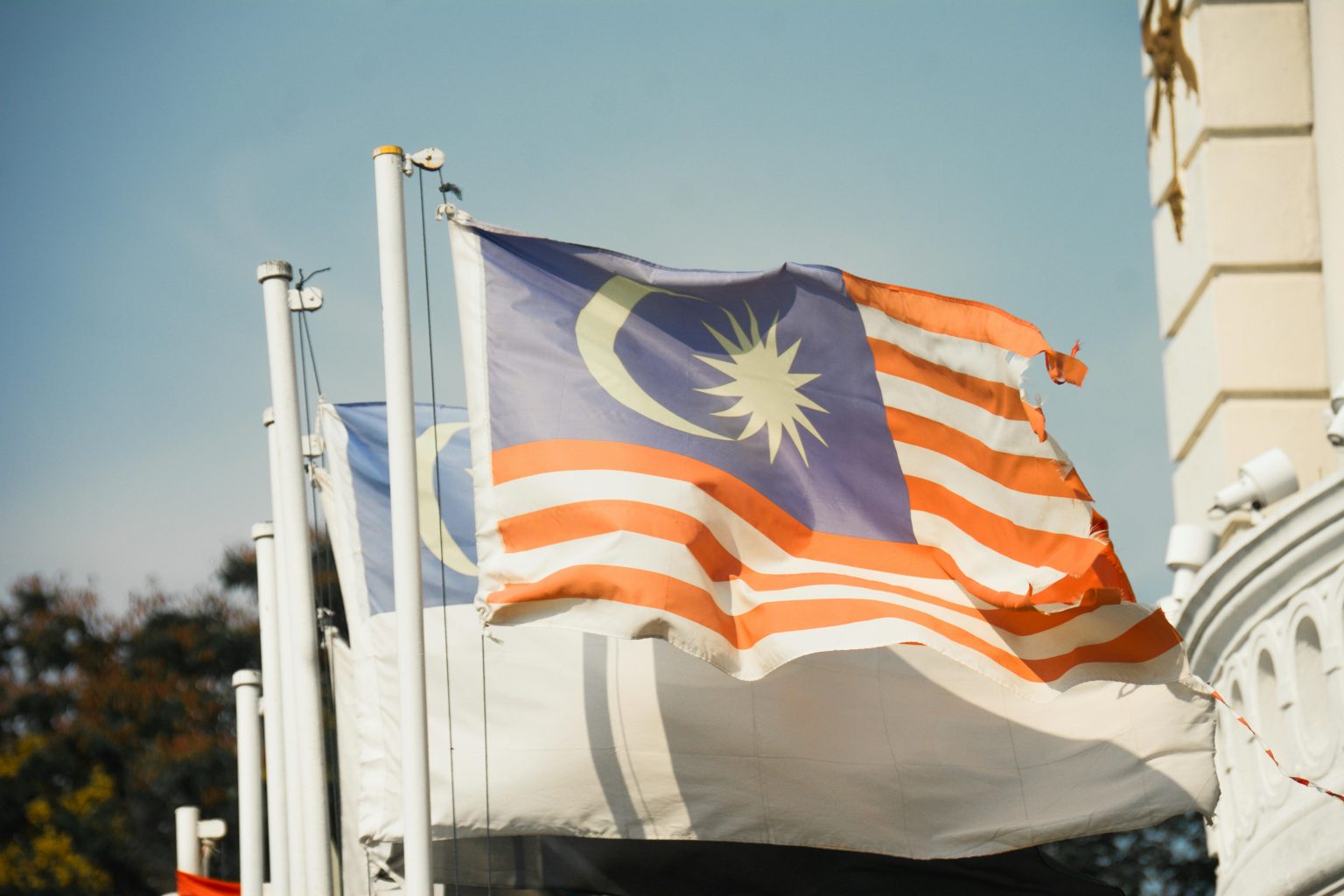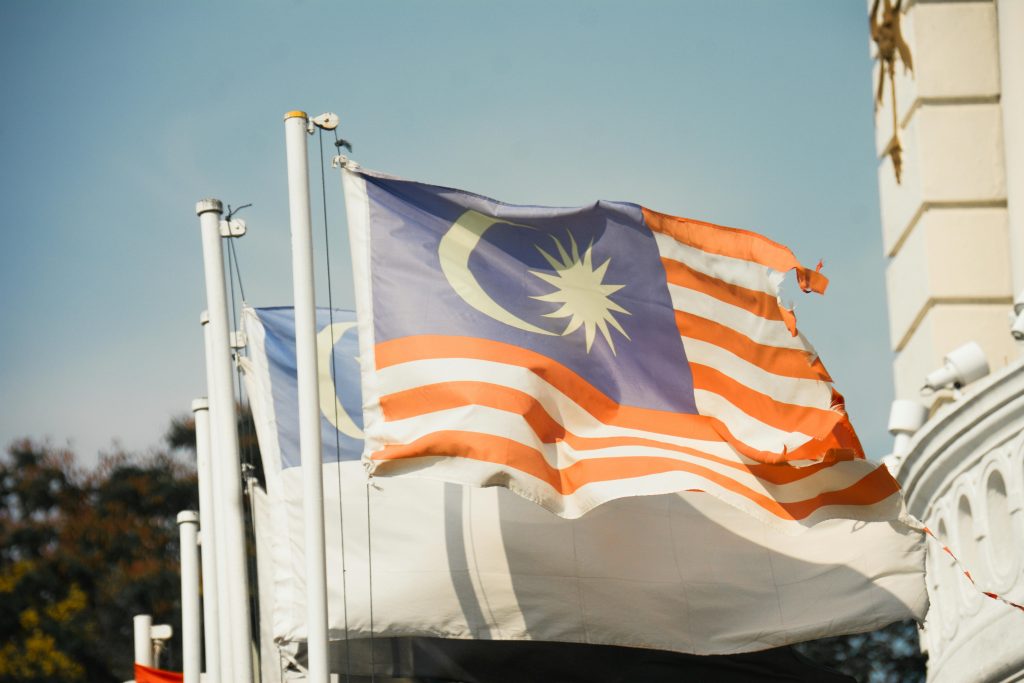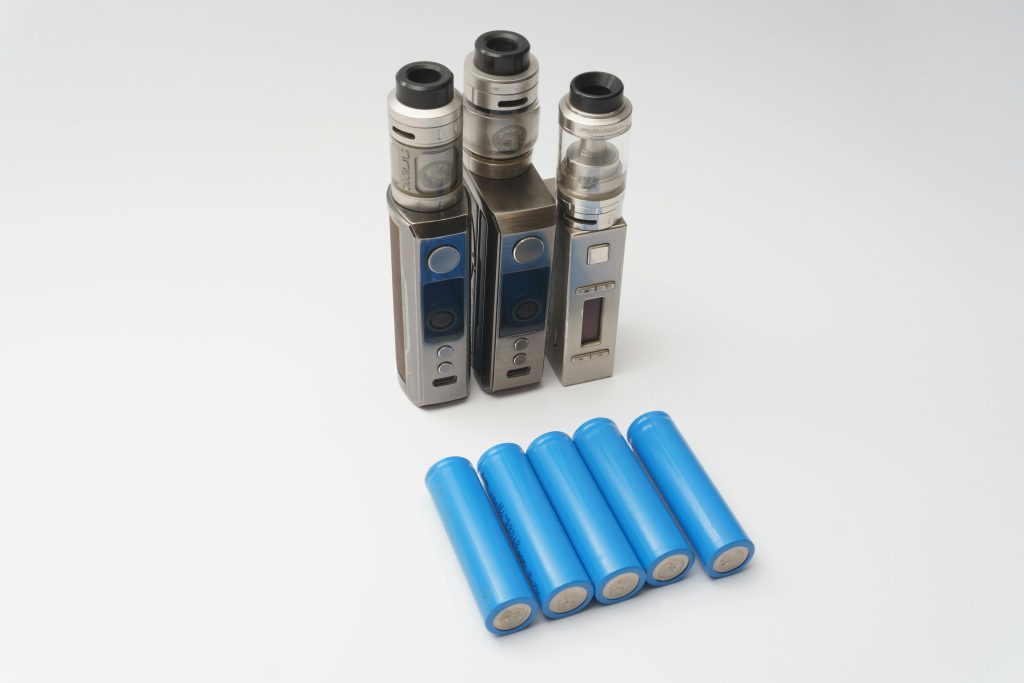Kuala Lumpur — Malaysia is preparing legislation that would introduce ... Read more
By K Futur VapeKuala Lumpur — Malaysia is preparing legislation that would introduce a nationwide ban on vaping and e-cigarettes. The Health Ministry has confirmed that a comprehensive policy is being developed, which could begin with restrictions on open-system vapes before expanding to a full ban on all products. Officials argue that the measure is needed to reduce youth access and prevent nicotine addiction from taking hold in a new generation.
The announcement has sparked heated debate across Malaysia. Advocates of the ban say that it represents a decisive step in safeguarding public health. They point to reports of increasing numbers of teenagers experimenting with vaping, raising alarm about long-term consequences. Public officials also argue that monitoring the thousands of vape products on the market has proven difficult, leaving gaps in consumer safety.
Opponents, however, warn that prohibition will not eliminate demand. Malaysia already has one of the highest levels of illicit cigarette trade in the world, with black-market sales accounting for more than half of all tobacco consumed in some years. Consumer groups and business associations argue that a ban on vaping would simply push demand underground, exposing users to unregulated products with no oversight or safety guarantees.
The economic stakes are significant. Malaysia’s legal vape industry was valued at more than three billion ringgit in 2023 and supports thousands of small retailers. A ban could wipe out businesses overnight, resulting in job losses and lost tax revenue. Some have suggested that pharmaceutical interests may see the ban as a way to protect the market for nicotine replacement therapies such as gums and patches, which are widely available.
Consumer voices add another layer to the discussion. Surveys conducted by advocacy groups show that many adult smokers in Malaysia have used vaping as a means of cutting down or quitting cigarettes. Removing access to these products could discourage smokers from switching, potentially leading some back to combustible tobacco.
International comparisons also feed into the debate. Countries such as the United Kingdom and Sweden have pursued regulated access to smoke-free products as part of their public health strategy. In those nations, adult smokers are given access to reduced-risk alternatives while strict rules prevent sales to minors. Proponents of this approach argue that Malaysia should consider regulation rather than outright prohibition.
The government insists that its priority is protecting health, but the policy is not finalised. The coming months will reveal whether Malaysia follows through with prohibition or chooses a regulatory framework. The decision will not only shape the country’s approach to nicotine but also influence regional debates in Southeast Asia, where governments are divided on how to handle the fast-growing vape market.







